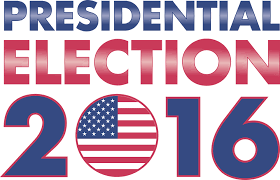
With the New York primary fast approaching on April 12, you might want to learn more about the law and history of presidential elections. The library has over one hundred resources on the subject. Highlighted below are a few. To see the complete list of resources on U.S. presidential elections, search the SARA catalog for the Library of Congress subjects, Presidents—United States—Elections.
Alan D. Hertzke, Echoes of Discontent: Jesse Jackson, Pat Robertson, and the Resurgence of Populism (1993).
Hertzke examines the 1988 presidential campaigns of Jackson and Robertson, showing how the messages of both political-religious figures echo an enduring tension in American life between Christian, communal ideals and a materialistic, fragmented society.
Alexander S. Belenky, Understanding the Fundamentals of the U.S. Presidential Election System (2012).
The book discusses how the use of some election rules embedded in the U.S. Constitution and in the Presidential Succession Act may cause skewed or weird election outcomes and election stalemates. The book argues that the act may not cover some rare though possible situations which the Twentieth Amendment authorizes Congress to address. Also, the book questions the constitutionality of the National Popular Vote Plan to introduce a direct popular presidential election de facto, without amending the Constitution, and addresses the plan’s “Achilles’ Heel.” In particular, the book shows that the plan may violate the Equal Protection Clause from the Fourteenth Amendment of the Constitution. Numerical examples are provided to show that the counterintuitive claims of the NPV originators and proponents that the plan will encourage presidential candidates to “chase” every vote in every state do not have any grounds. Finally, the book proposes a plan for improving the election system by combining at the national level the “one state, one vote” principle – embedded in the Constitution – and the “one person, one vote” principle. Under this plan no state loses its current Electoral College benefits while all the states gain more attention of presidential candidates.
Charles L. Zelden, Bush v. Gore: Exposing the Hidden Crisis in American Democracy (2010).
The book distills the events, issues, and voluminous commentary relating to Bush v. Gore into a sharply insightful and nonpartisan account of a remarkable election, the crisis it produced, and the litigation that followed. Ultimately, it shows that both the election controversy of 2000 and Bush v. Gore signaled major flaws in our electoral system that remain with us today.
Edmund F. Kallina, Kennedy v. Nixon: The Presidential Election of 1960 (2010).
Based upon research conducted at four presidential libraries – those of Eisenhower, Kennedy, Johnson, and Nixon – Kallina is able to make observations and share insights unavailable in the immediate aftermath of one of the closest races in American presidential history.
George C. Edwards, Why the Electoral College is bad for America (2004).
Drawing on systematic data, Edwards finds that the electoral college does not protect the interests of small states or racial minorities, does not provide presidents with effective coalitions for governing, and does little to protect the American polity from the alleged harms of direct election of the president. In fact, the electoral college distorts the presidential campaign so that candidates ignore most small states and some large ones and pay little attention to minorities, and it encourages third parties to run presidential candidates and discourages party competition in many states. Edwards demonstrates effectively that direct election of the president without a runoff maximizes political equality and eliminates the distortions in the political system caused by the electoral college.
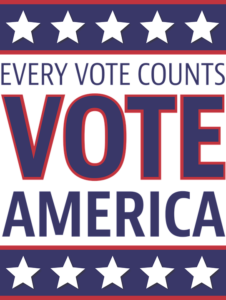

 learn more by reviewing two titles recently added to the Brooklyn Law School Library collection. The first is
learn more by reviewing two titles recently added to the Brooklyn Law School Library collection. The first is  In Constitutional Law courses law students at BLS and throughout the country learn that the decision by Chief Justice John Marshall in
In Constitutional Law courses law students at BLS and throughout the country learn that the decision by Chief Justice John Marshall in 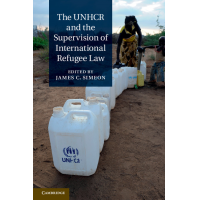 This week, Brooklyn Law School Library Associate Librarian Linda Holmes created a display of library material marking
This week, Brooklyn Law School Library Associate Librarian Linda Holmes created a display of library material marking 
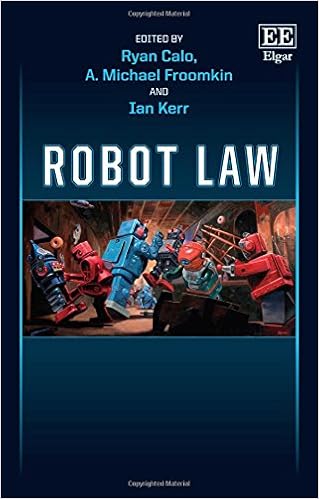 An intriguing new title in the Brooklyn Law School Library collection is
An intriguing new title in the Brooklyn Law School Library collection is 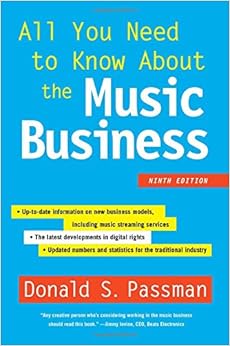 The Brooklyn Law School Library has in its collection several items related to copyright and music. See for example
The Brooklyn Law School Library has in its collection several items related to copyright and music. See for example  See the Brooklyn Law Library item
See the Brooklyn Law Library item 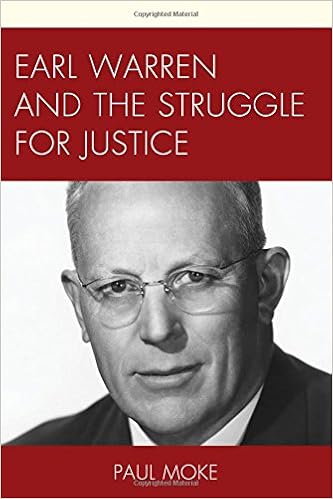 Chair of the Warren Commission on the Assassination of President Kennedy. Serious lapses in judgment and uncritical deference to authority regarding national security issues in the report have clouded his legacy. The Brooklyn Law School Library has in its collection
Chair of the Warren Commission on the Assassination of President Kennedy. Serious lapses in judgment and uncritical deference to authority regarding national security issues in the report have clouded his legacy. The Brooklyn Law School Library has in its collection 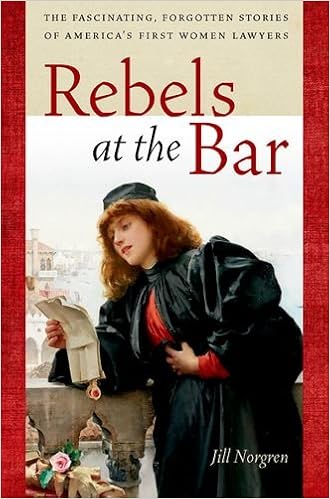 To commemorate Women’s History Month, Brooklyn Law School Associate Librarian Linda Holmes has added some interesting titles in the display case on the first of the library opposite the elevator, including
To commemorate Women’s History Month, Brooklyn Law School Associate Librarian Linda Holmes has added some interesting titles in the display case on the first of the library opposite the elevator, including